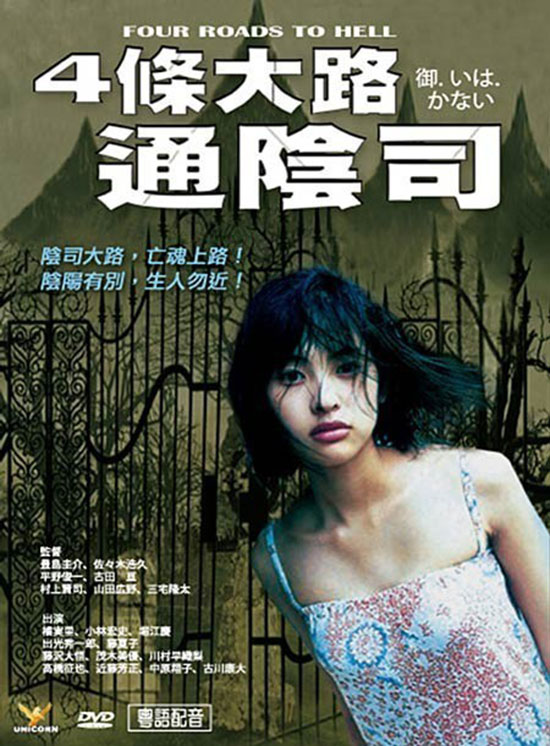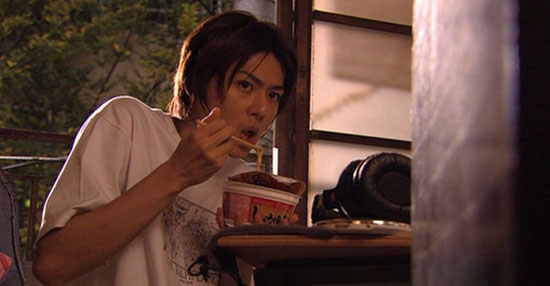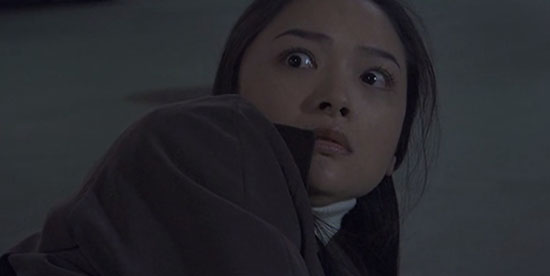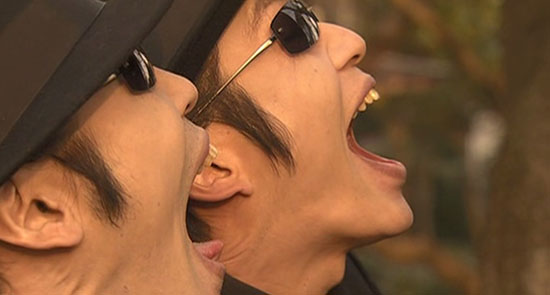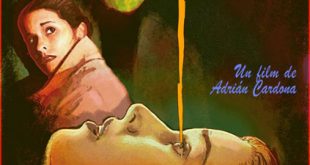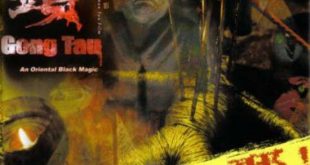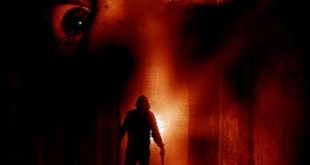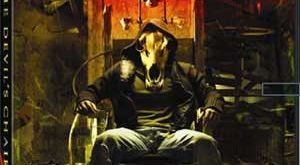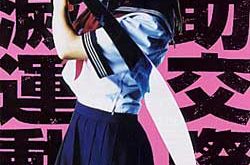SYNOPSIS:
Like a good ghost story? Then turn out the lights and prepare to feel a chill as Japan’s masters of the macabre spin some of the creepiest spectral sagas to grace the screen. Four Roads To Hell is an anthology featuring short stories based on true accounts as collected from writers Hirokatsu Kihara and Ichiro Nakayama. This is part of the “Tales Of Terror From Japan” series.
REVIEW:
One of the most classic sub-genres of horror is the haunting story – the dead return as apparitions and make their presence known to the living. This story can take many forms in folklore, but in horror the attention paid to the living by the dead is generally unwanted, persistent, terrifying, and often violent.
In many of these tales, the living hold some responsibility for their predicament, either through having caused the death itself or because they mistreated the spirit while they were alive. But in others, the hauntings occur through no fault of the victims – it could simply be a matter of having moved into the wrong house. Whichever shape the story takes, the ghosts always seem to have a purpose, even if it is as simple as scaring the bejesus out of their targets. Japanese folklore is especially rich with stories of spirits with unfinished business in the physical world, be it the repayment of a moral debt or an agenda of revenge. Films such as Dark Water, Ju-on: The Grudge, and Ringu explore these supernatural themes to great effect (and often receive the American remake treatment.)
The majority of films in the anthology Four Roads to Hell are ghost stories – only three of the eleven shorts tackle different sub-genres. The bizarre vignettes, each clocking in at around five minutes in length, are extremely low-budget. Anthologies are always difficult to review, and with good reason – the quality varies from short to short in terms of directing, acting, cinematography, and writing. While some shorts may be fully-formed capsule-sized tales, others may struggle to stay compelling even with such a truncated run-time.
Although a number of the films in Four Roads to Hell hover around the level of mediocrity, the anthology does offer a few relatively stand-out entries.
The Men in Black tackles the conspiracy that became popular among American ufologists at the turn of the century. The short is centred on a young boy named Minoru who dreams of proving the existence of UFOs through his photographs of strange phenomena in the sky. After capturing an image of an unidentified aircraft and submitting it to a paranormal magazine, Minoru disappears, leaving behind his friend Toshihiko to unravel the mystery. An ominous encounter with the titular villains and the surprising return of Minoru are shot in a light-hearted yet effective way, resulting in a comic-bookish and rather enjoyable feel.
Another short that tempers its paranormal subject matter with a healthy dose of comedy is The Promise. The short opens with a flashback to a conversation between our protagonist and his grandmother, wherein he makes her promise to return to him as a ghost and she makes him promise not to be frightened when she does. The remainder of the story concerns the grandmother honouring her promise – and trying to make the grandson fail his side of the agreement.
One short that held promise as a concept but fell short in its execution is Second Round, the story of a cab driver who seems to be caught in an endless loop of increasingly bizarre repetitive fares living out their own versions of hell eternally. The idea is an intriguing one and perhaps with a better budget and a different team, it could have been great.
Overall, Four Roads to Hell is an uneven and at times disappointing anthology. This isn’t an anthology that I would rush to recommend to anyone as a whole, although several of the shorts are worth seeing at least once. The best of the shorts are the ones that inject some humour or absurdity into their storytelling, as in The Men in Black, The Promise, and Overtime (Part 1). The most straightforward ghost stories, including He’s Home, Purification Doesn’t Work, and especially Mai’s Voice unfortunately tend to fall flat.
Rating: 3 out of 10 mildly annoying ghosts.
 Horror News | HNN Official Site | Horror Movies,Trailers, Reviews
Horror News | HNN Official Site | Horror Movies,Trailers, Reviews
